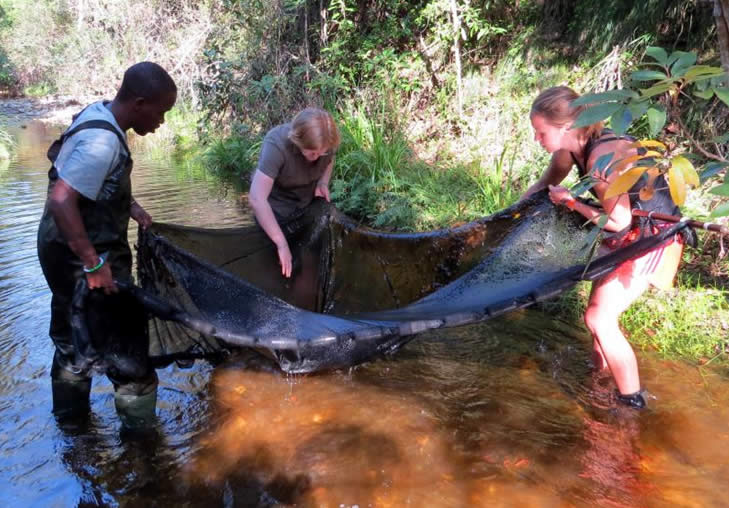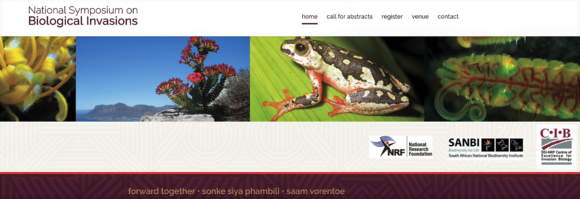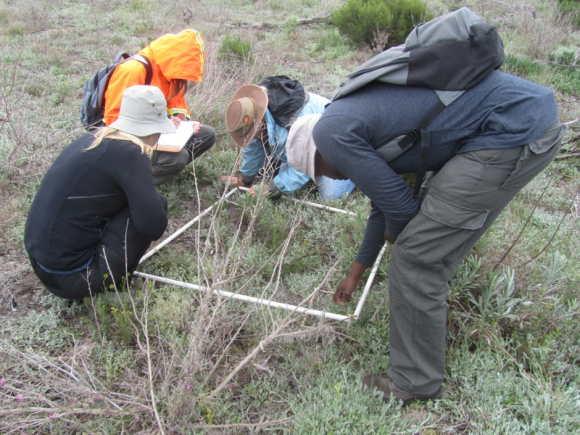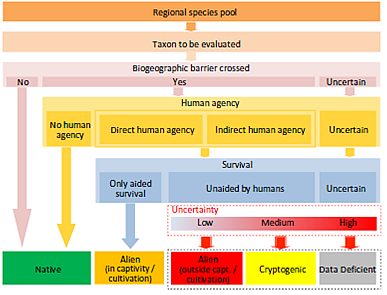Biological invasions are taking place at an increasing rate, causing environmental and economic problems worldwide. It is therefore important to be able to predict and identify those species that may have damaging ecological impacts. Invasive species are considered to more efficient in using resources from the surrounding environment. By calculating the relationship between resource use and resource availability (the functional response), and comparing this relationship between that of a potential invader and that of a similar native species, a prediction of invader impact can be made.
A paper led by C·I·B postdoc Dr Mhairi Alexander, involving C·I·B staff and collaborators, examined this concept in a study that was completed at the South African Institute for Aquatic Biodiversity (SAIAB) in Grahamstown. Using tadpoles as prey (Hyperolius marmoratus), comparisons were made of the functional response of the invasive freshwater fish, the largemouth bass (Micropterus salmoides), with its native equivalent, the Cape kurper (Sandelia capensis); and an emerging invader, the sharptooth catfish (Clarias gariepinus), with the native river goby (Glossogobius callidus).
The study found that overall both the invasive fish consumed significantly more prey than the natives, and that the functional responses of the invaders were greater than that of their native equivalents. Lower prey handling times, resulting in higher maximum feeding rates, were observed in both the invasive largemouth bass and sharptooth catfish. The paper showed that the comparative functional response methodology is a robust and reliable method for predicting ecological impacts of invasive species. This has important implications for environmental managers and policy makers to invest resources in cost effective mitigation of invasive species, both emerging and established. Further work is now underway for applying this method to new systems in ongoing research.
Read the paper
For more information, contact Mhiari Alexander at malexander@sun.ac.za




